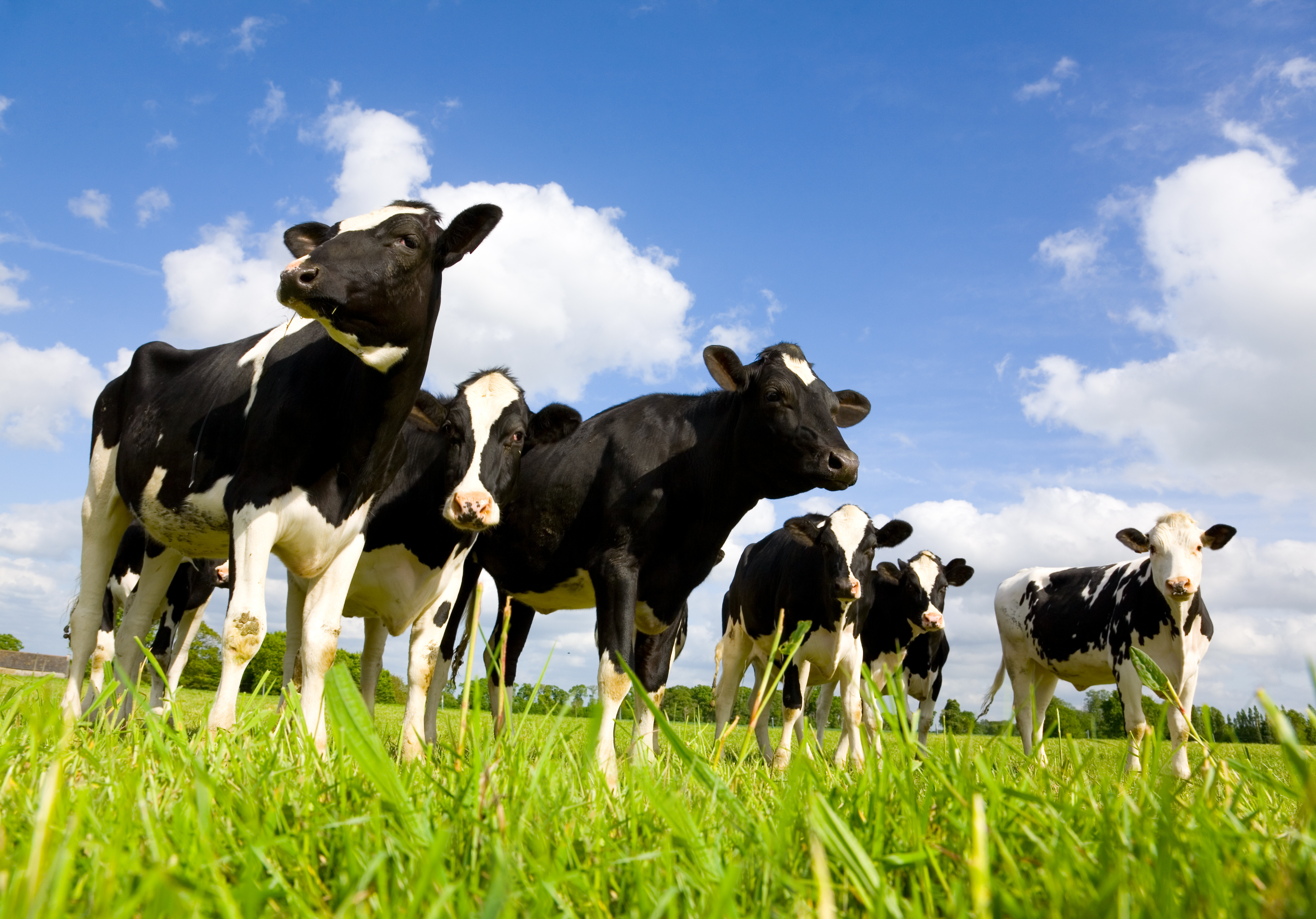KANSAS CITY -- With sustainability and climate change at the forefront of our minds, a lot of attention has been placed on the growing concern of methane emissions. Many companies are struggling to figure out how to implement tactics to reduce their environmental impact. Seeing this dilemma, Cargill partnered with the Zero Emission Livestock Project (ZELP) to help assist European dairy farmers by combining methane oxidation technology and data processing to help reduce methane emissions while improving animal welfare.
Enteric methane is a natural by-product of cattle digesting feed, with nearly 95 percent of methane produced by animals coming from its mouth and nostrils. Using smart technology, ZELP developed a cattle wearable, which easily attaches to regular halters, that would neutralize and oxidize the methane that is exhaled. Cargill is set to be the exclusive distributor of the product for the European dairy market.
“Farmers and agribusiness are looking for ways to drive methane mitigation and change for our planet, while meeting the challenge of feeding a growing population,” said Delphine Melchior, sustainability and quality sector director for Cargill’s aqua and animal nutrition business. “By partnering with ZELP, we are in a unique position to help significantly reduce the greenhouse gas emissions associated with livestock production.”
In addition to the environmental benefits associated, the ZELP wearable device will also give dairy farmers new insights into the health and performance of their livestock. The device will capture both behavioral and physiological data, as well as monitoring for methane emissions. This feature could provide farmers with data that could help them better understand the health of their animals, including the ability to detect if an animal is overheating, prevent disease outbreaks amongst herds and shed light on digestion, feed optimization and feed conversion efficiency.
“We are combining data processing with unique catalytic technology to reduce methane emissions and improve animal welfare,” said ZELP chief executive officer and co-founder Francisco Norris. “We continue improving the efficiency of our technology, which has already demonstrated a 53% reduction potential. We’ve also evaluated the wearable’s effect on animal behavior and found no impact on production yields, rumination, rest and activity periods, and feed intake.”
When it comes to methane mitigation, Cargill focuses on three major areas: farm management practices, increased animal productivity rates through improved feed and nutrition and additives. In the US, the company launched its BeefUp sustainability initiative last year with a goal of reducing greenhouse gas emissions caused by the beef market by 30% by the year 2030.
“Our collaboration with ZELP and the role of new technologies is part of a broader strategy to accelerate progress towards our sustainability commitments for customers and consumers” said Sander van Zijderveld, Cargill’s ruminant strategic marketing and technology lead in West Europe. “ZELP’s technology is the perfect complement to our extensive research and knowledge on reducing methane emissions.”
Cargill and ZELP are continuing to conduct research and additional testing at the Cargill Research and Development Center and at Wageningen University in the Netherlands. The companies are aiming to launch the ZELP wearable by the end of 2022.

